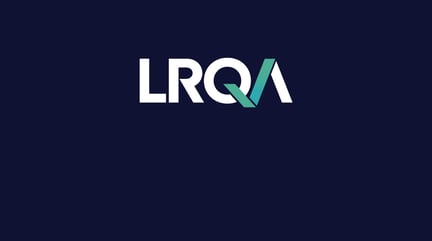As the food industry continues to face pressure to meet high levels of demand, LRQA is calling for manufacturers to ensure protocols are undertaken if changes to production occur.
March was officially the busiest month on record for UK supermarkets, with sales rising by 20.6% across the month. The Recycling Association, meanwhile, has warned of a serious impact on supplies of food packaging, with a national cardboard shortage likely amid the suspension of regular recycling collections.
As industry is producing more food to meet demand, organisations must consider the impact of the potential shortage of packaging and ensure that product integrity is not comprised where a need for change arises. If and when changes to packaging are made, risk assessments are more important than ever to ensure food safety is maintained.
Putting in the necessary controls can help manage the risk of contamination and food spoilage, according to LR. And while manufacturers don’t have to notify certification bodies on the changes to packaging, it is important to ensure that no stone has been left unturned during the risk assessment process.
Kimberly Carey Coffin, Global Technical Director – Supply Chain Assurance at LRQA, commented: “It’s important for manufacturers to ensure thorough review and assessment of any changes they make to production processes, including raw material inputs, during this unprecedented time. If alternative packaging is required, we urge manufacturers to understand any new contamination risk presented by the change, controls modified to mitigate and ensure all changes are communicated to all internal and external stakeholders.”
Another challenge facing food manufacturers, according to LRQA, is maintaining the supply of hygiene and sanitation supplies, particularly appropriate PPE to keep products safe. As an industry which relies heavily on face masks, disposable gloves, high grade hair covers and disposable protective suits, the current shortage is likely to mean alternatives are required for the food industry.
Kimberly adds: “The shortage of PPE and sanitation products has been widely reported, and manufacturers should start thinking about alternatives, if they haven’t already. If changes are made, personal hygiene and contamination risk should be considered, while any updated processes must also be clearly communicated with all team members. Ensuring employees understand the reasons and impact of the changes to their work practices and hygiene protocols is important, and managers must lead by example.”
To support manufacturers, LRQA is providing verification and validation services remotely where possible. While these are not currently an option for GFSI-aligned standards, LRQA provides remote audits against several non GFSI-aligned accreditations and second party standards.
Connecting with LRQA's worldwide network of assessors, manufacturers can record and share live video and audio streams, while exchanging documents and images in real-time. Its team is also on hand to discuss any changes manufacturers are looking to implement, while also advising on the most appropriate protocols required.
For more information, please visit our Remote Audit page.


